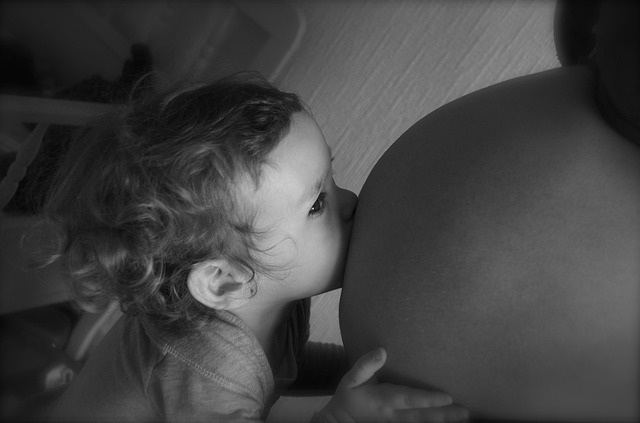Congratulations on your new arrival! While welcoming your little one is undoubtedly a joyous occasion, the postpartum period can come with its own set of challenges. You may find yourself dealing with various symptoms that can range from mild annoyances to more significant concerns. Let’s break down what you might experience after giving birth and how to navigate this new chapter in your life.
Common Postpartum Symptoms
Once the baby arrives, you may be relieved to say goodbye to pregnancy discomforts like Braxton Hicks contractions and constant bathroom trips. However, new symptoms may arise, including:
- Vaginal Discharge: Expect some bloody discharge known as lochia, which can last for several weeks.
- Breast Tenderness: Your breasts might feel sore as they adjust to breastfeeding, so be prepared for some discomfort.
- Swollen Perineum: If you had a vaginal delivery, swelling in the perineal area can be common, especially if you had stitches.
- Painful Bowel Movements: Constipation is often an issue after birth, which can lead to discomfort during bowel movements.
While these symptoms are usually normal, it’s essential to be aware of signs that may indicate a more serious condition. If you experience severe bleeding, high fever, or intense abdominal pain, seeking medical attention promptly is crucial.
Symptoms After a C-Section
If you underwent a cesarean section, you might notice additional symptoms, such as:
- Incision Pain: Post-surgery soreness is expected. Keeping the area clean and dry can aid in healing.
- Reduced Mobility: You may find it challenging to move around comfortably, so take it easy during your recovery.
- Gas Pain: Many women experience gas pains after a C-section due to anesthesia, which can be uncomfortable.
Mood Changes and Postpartum Depression
It’s common to experience mood swings or feelings of sadness after giving birth. However, if you notice persistent feelings of hopelessness or anxiety, you may be dealing with postpartum depression or another mood disorder. It’s vital to reach out for support and speak with a healthcare provider if you’re feeling overwhelmed.
Duration of Postpartum Symptoms
Most postpartum symptoms will gradually improve over several weeks, but the timeline can vary for each person. It’s important to listen to your body and give yourself time to heal. If you feel something isn’t right, don’t hesitate to consult a healthcare professional.
In summary, while postpartum symptoms can be a bit of a hurdle, they are generally manageable. By caring for yourself and seeking help when needed, you’ll navigate this transition more smoothly. And if you’re considering options for starting or expanding your family, you might want to explore resources like Make a Mom for at-home insemination, or check out how it works. Additionally, you can join this supportive community where parents can connect and share their experiences.
For further reading on related topics, you can visit this blog post for insights on insemination methods or learn more about in vitro fertilisation as a fertility option. Also, check out this excellent resource for detailed information about intrauterine insemination.
Summary: After giving birth, you may experience various postpartum symptoms such as vaginal discharge, breast tenderness, and mood fluctuations. While these symptoms are generally normal, be vigilant for any signs of complications, and don’t hesitate to seek medical advice when needed. Resources like Make a Mom can support you in your family planning journey.

